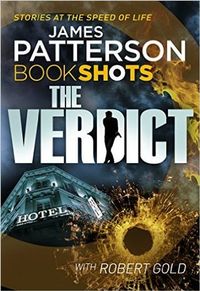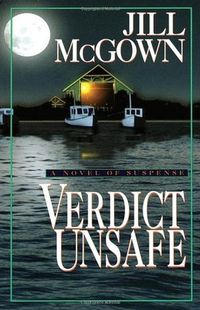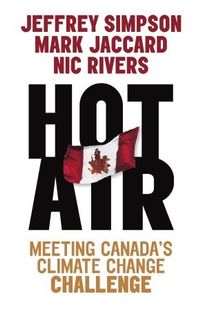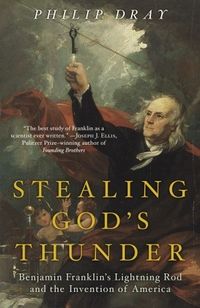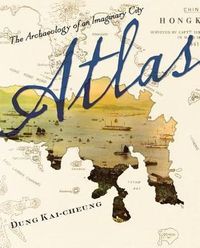
Atlas: The Archaeology of an Imaginary City
A Geography, Historical, Fiction book. I'd put it somewhere between 2 and 3 stars. I enjoyed aspects, but...
Set in the long-lost City of Victoria (a fictional world similar to Hong Kong), "Atlas" is written from the unified perspective of future archaeologists struggling to rebuild a thrilling metropolis. Divided into four sections--"Theory," "The City," "Streets," and "Signs"--the novel reimagines Victoria through maps and other historical documents and artifacts, mixing real-world scenarios with purely imaginary people and events while incorporating anecdotes and actual and fictional social commentary and critique.Much like the quasi-fictional adventures in map-reading and remapping explored by Paul Auster, Jorge Luis Borges, and Italo Calvino, Dung Kai-cheung's novel challenges the representation of place and history and the limits of technical and scientific media in reconstructing a history. It best exemplifies the author's versatility and experimentation, along with China's rapidly evolving literary culture, by blending fiction, nonfiction, and poetry in a story about succeeding and failing to recapture the things we lose. Playing with a variety of styles and subjects, Dung Kai-cheung inventively engages with the fate of...
Download or read Atlas: The Archaeology of an Imaginary City in PDF formats. You may also find other subjects related with Atlas: The Archaeology of an Imaginary City.
- Filetype: PDF
- Pages: 153 pages
- ISBN: 9780231161008 / 0
rk3Zo8SOhUZ.pdf
More About Atlas: The Archaeology of an Imaginary City
Interesting stuff. Especially the first section, which mediates on many different, strange ways to view maps, as well as some other parts: stories of streets, such as the one that changed names between winter and summer; a play on the double meaning of legends in a cartographic context. 3.5 stars. It's built around a really cool idea, but unfortunately the execution leaves something to be desired. Theoretical fictions need a certain lightness to succeed; this one sinks a bit under the dry weight of analytical ponderings. I'd put it somewhere between 2 and 3 stars. I enjoyed aspects, but it was just ok. The pretense was thick, the homage to Borges and others clumsy. Excellent premise, though. And some very nice tidbits. Another read in a different frame of mind might reap 3 full stars.
